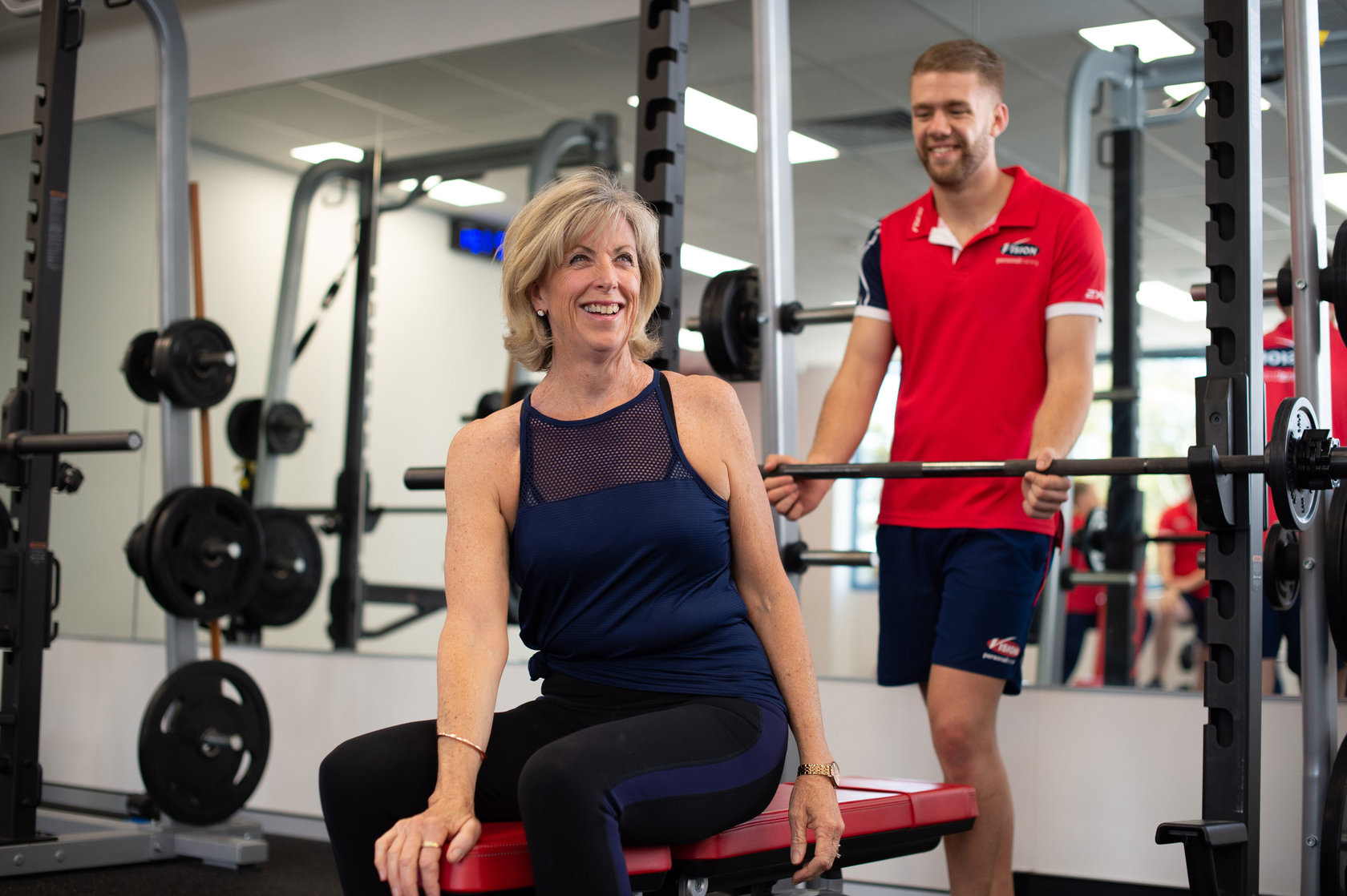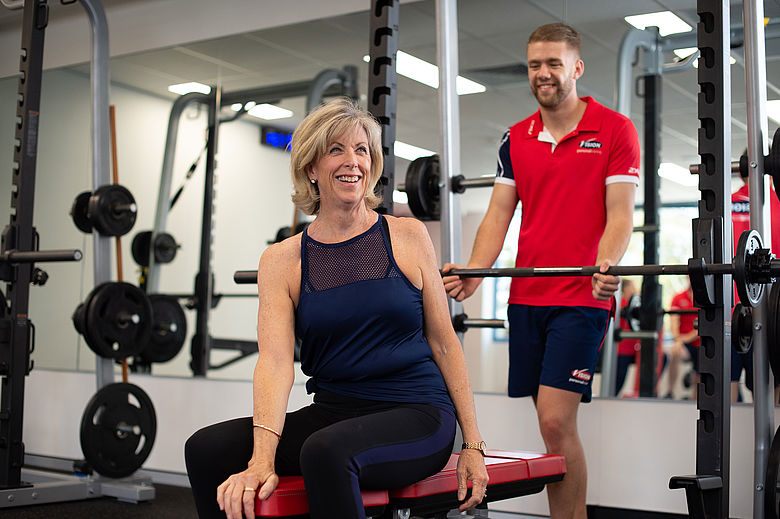Why Your Body Needs Carbohydrates
If you've been trying to shed some unwanted weight or improve your overall health, you may have heard a nasty rumour. Of something out to sabotage your efforts, slow your progress, and keep you uncomfortable in your own skin.
You may have heard about (lower voice to a whisper)......"Carbohydrates".
You can relax, the kilos haven't snuck their way onto you from reading that!
Well if they're not the bad guy, what are they?
Carbohydrates (a.k.a. carbs) are one of the macronutrients found in our foods and drinks, the others being Protein & Fats. Carbs have several different forms, and is crucial in a number of bodily functions, such as;
-being the most readily available source of energy
-supplying energy to the brain
-preventing breakdown of protein for energy, which is needed for muscle repair and maintenance
-assisting in accessing stored energy (fat) to burn
-providing fibre for digestive function and satiety
Indeed! Carbs are crucial to the body and have been unfairly demonized. And actually help you burn fat! So now that we've warmed to the idea of carbs as our friends, let's get familiar with the different types (and why you should care).
Types of Carbohydrates
- Simple/Sugars
- Complex/Starches
- Dietary Fibre
Simple Carbohydrates (sugars) are the carbs that are most easily broken down by the body for energy. They release energy the fastest, and thus can spike blood sugar levels. After this spike, inevitably there's a drop in blood sugar levels and energy (does the '3:00pm slump' sound familiar?). This is one of the primary reasons we look at changing the amounts and types of carbs we consume; people trying to lose fat while unknowingly consuming high-carb diets find themselves tired quite often, and turn to sugary drinks and foods for an energy hit. This can lead to a cycle of:
Simple carb hit => spike in blood sugar => short term energy burnt => drop in blood sugar => energy crash => simple carb hit. And the cycle continues.
Simple carb sources can include:
- sweet fruits
- pastries, cakes, sweets
- energy drinks and soft drinks
A guideline you can use for determining how much of your carbs should come from simple sources can be - 1/3 of your daily carb intake, eaten earlier in the day, ideally around or close to a weights session when your body is better able to burn it off.
So are 'complex' carbs harder for the body to break down?
Complex Carbohydrates (Starches) are indeed harder for the body to break down, providing longer lasting energy without the blood sugar spike that come from simple carbs. Introducing more complex carb foods into your diet over simple carb foods can help with preventing you going for the quick energy hit found in sugars, helping to prevent over-eating on carbs, and aiding fat loss. A guideline you can use for determining how much of your carbs should come from complex sources can be - 1/3 of daily carb intake, eaten ideally around midday to provide energy to last you through the 3:00pm sugar cravings.
Complex Carb sources include:
- potato, white and sweet
- breads, ideally wholemeal/brown
- rice and other grains
Nailed it. I'm all over this 'carb' business...so what's fibre then?
Dietary Fibre refers to carb sources that provide roughage/bulk to your diet, aiding proper digestive function and satiety. They are low in overall carbohydrate amounts whilst being high in vitamins and minerals, making them a staple of any successful eating plan. A guideline you can use for determining how much of your carbs should come from dietary fibre would be - 1/3 of daily carb intake, spread over the later 3 meals of the day, but ideally in as many meals as possible.
Dietary Fibre sources include:
- vegetables
- vegetables again
- more vegetables
Well carbs aren't the enemy after all then! What do I do from here?
Apologize to carbs. Shake hands, hug it out, and make up. Now that you know what they do, what types there are, and when to have them, this could be the start of a beautiful friendship.
Yours in health & fitness,
Alex Campbell
Vision Personal Training Neutral Bay
*Disclaimer: Individual results vary based on agreed goals. Click here for details.

